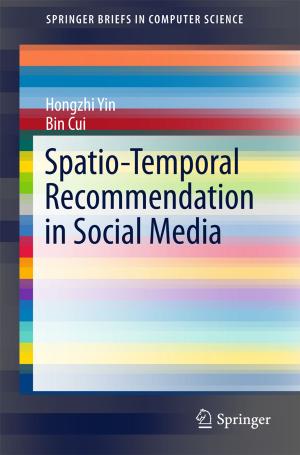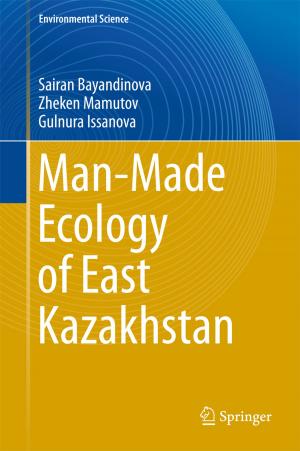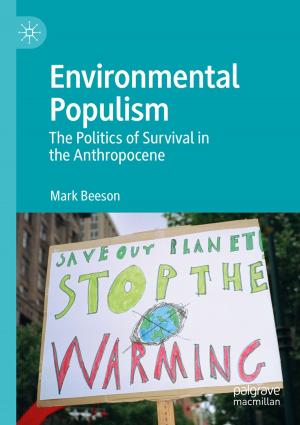The US Policy Making Process for Post Cold War China
The role of US Think Tanks and Diplomacy
Nonfiction, Social & Cultural Studies, Political Science, International, International Relations, Reference & Language, Reference, Social Science| Author: | ISBN: | 9789811049743 | |
| Publisher: | Springer Singapore | Publication: | July 13, 2017 |
| Imprint: | Springer | Language: | English |
| Author: | |
| ISBN: | 9789811049743 |
| Publisher: | Springer Singapore |
| Publication: | July 13, 2017 |
| Imprint: | Springer |
| Language: | English |
Combining a study of American Think Tanks and a study of American diplomatic policy on China following the Cold War, this book explores in detail the policy-making process, procedures and mechanisms, as well as the roles of various interest groups in the policy-making process for China-related policies. Further, it dissects the policy-making process with regard to selected sensitive policies, such as the US diplomatic policy on Taiwan, China; US trade policy on China; US human rights policy on China; and US environmental and energy policy on China; and analyzes the function and influence of the American Think Tanks in the policy debates. Characterized by its high theoretical value, wealth of historical materials and painstaking analysis, the book is not only of important academic value but also offers a valuable reference guide to support the practical work of related departments in the Chinese government.
Combining a study of American Think Tanks and a study of American diplomatic policy on China following the Cold War, this book explores in detail the policy-making process, procedures and mechanisms, as well as the roles of various interest groups in the policy-making process for China-related policies. Further, it dissects the policy-making process with regard to selected sensitive policies, such as the US diplomatic policy on Taiwan, China; US trade policy on China; US human rights policy on China; and US environmental and energy policy on China; and analyzes the function and influence of the American Think Tanks in the policy debates. Characterized by its high theoretical value, wealth of historical materials and painstaking analysis, the book is not only of important academic value but also offers a valuable reference guide to support the practical work of related departments in the Chinese government.















